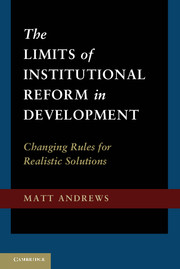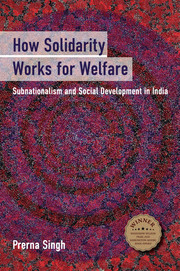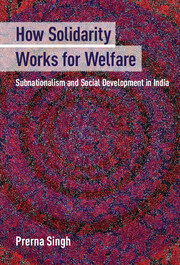The Limits of Institutional Reform in Development
Developing countries commonly adopt reforms to improve their governments yet they usually fail to produce more functional and effective governments. Andrews argues that reforms often fail to make governments better because they are introduced as signals to gain short-term support. These signals introduce unrealistic best practices that do not fit developing country contexts and are not considered relevant by implementing agents. The result is a set of new forms that do not function. However, there are realistic solutions emerging from institutional reforms in some developing countries. Lessons from these experiences suggest that reform limits, although challenging to adopt, can be overcome by focusing change on problem solving through an incremental process that involves multiple agents.
- Interdisciplinary institutional theory is used to frame the discussion
- Empirical evidence helps validate arguments and give readers real examples to consider
- Andrews goes beyond common critiques, to provide practical ideas for improving reforms
Reviews & endorsements
"[This] book is a must-read for anyone interested in international development. It is already shaping debates related to the post-2015 development agenda, and is bound to trigger important new scholarship on institutional change in international development and beyond."
Prakash Kashwan, European Journal of Development Research
"… this book deserves wide readership among those concerned with the improvement of public institutions in developing countries."
Scott Wisor, Global Governance
Product details
February 2013Hardback
9781107016330
268 pages
229 × 152 × 19 mm
0.49kg
12 b/w illus. 17 tables
Available
Table of Contents
- Preface
- 1. Change rules, change governments, and develop?
- 2. Deconstructing the puzzling evidence of reform
- 3. Overlooking the change context
- 4. Reforms as overspecified and oversimplified solutions
- 5. Limited engagement, limited change
- 6. What you see is not what you get (expecting limits)
- 7. Problem-driven learning sparks institutional change
- 8. Finding and fitting solutions that work
- 9. Broad engagement, broader (and deeper) change
- 10. Reforming rules of the development game itself.





